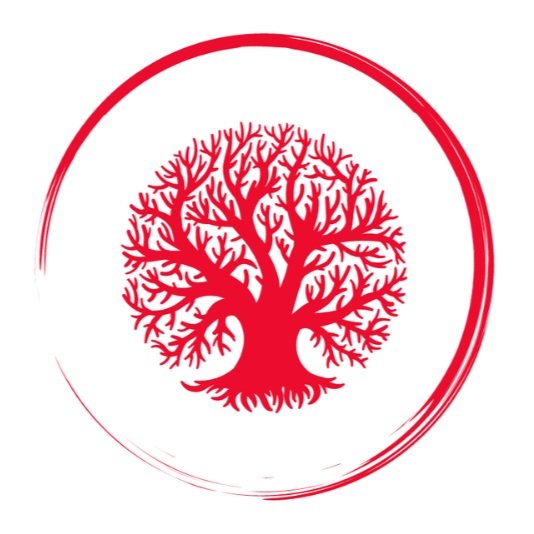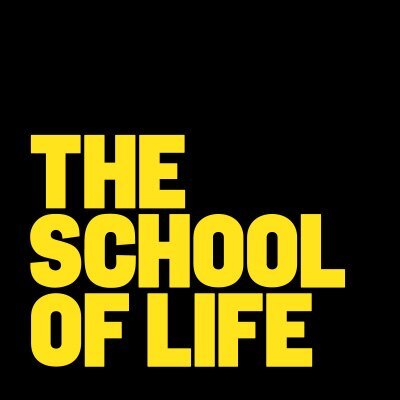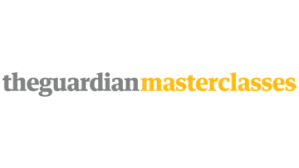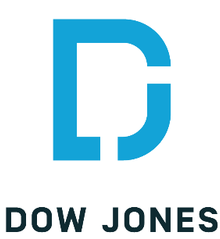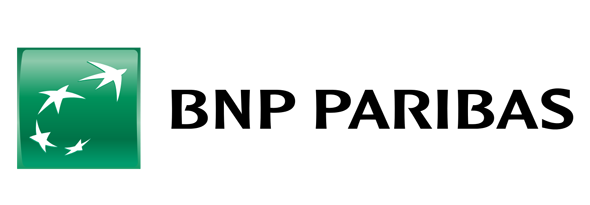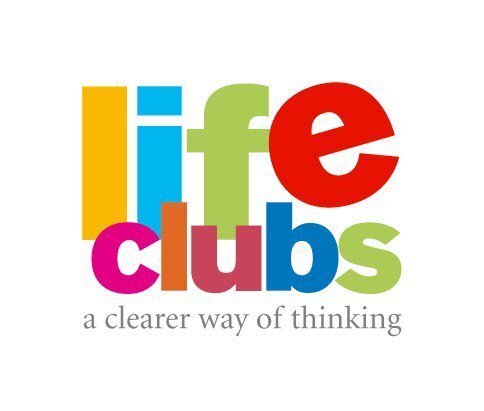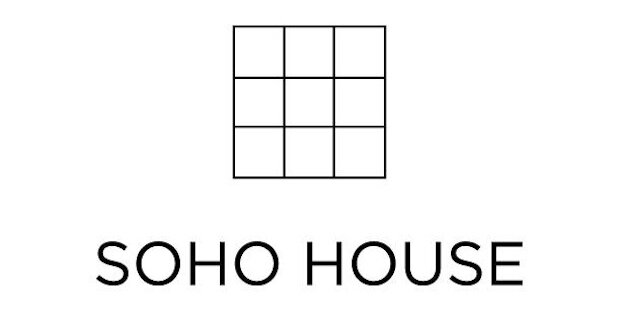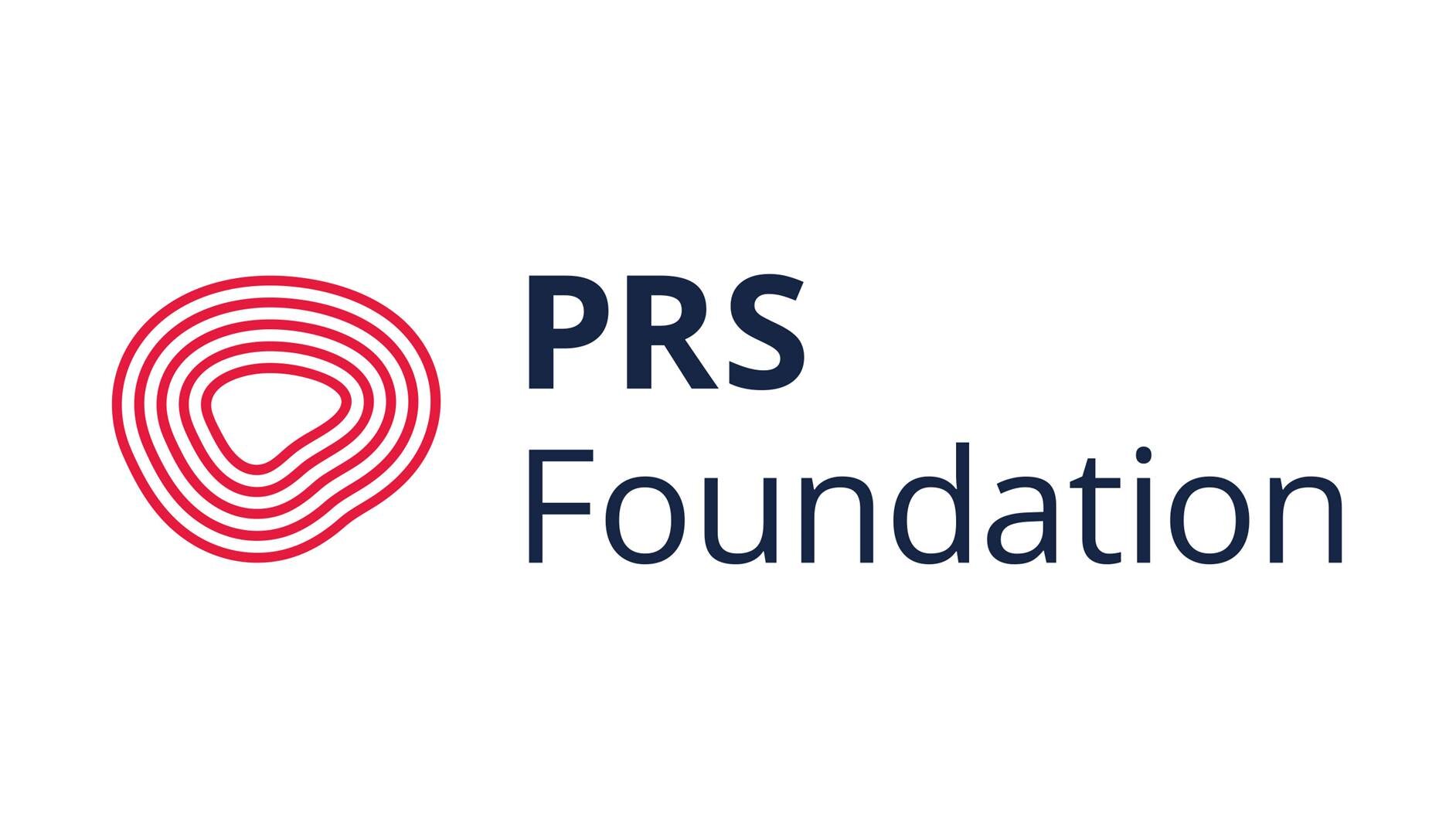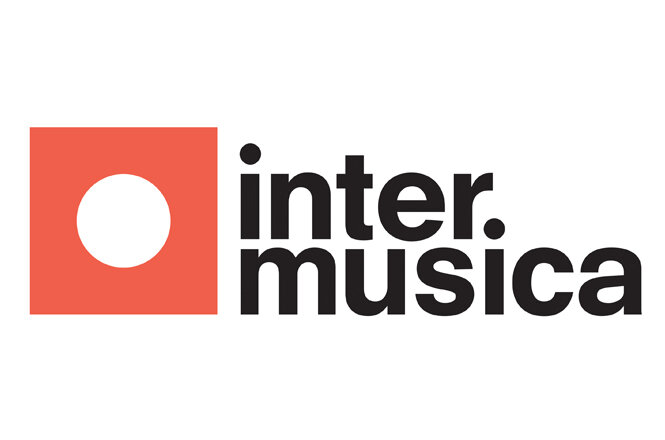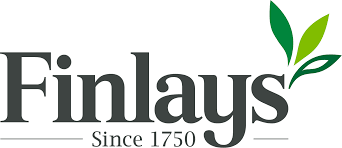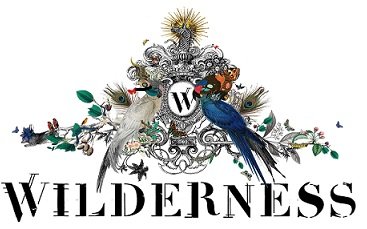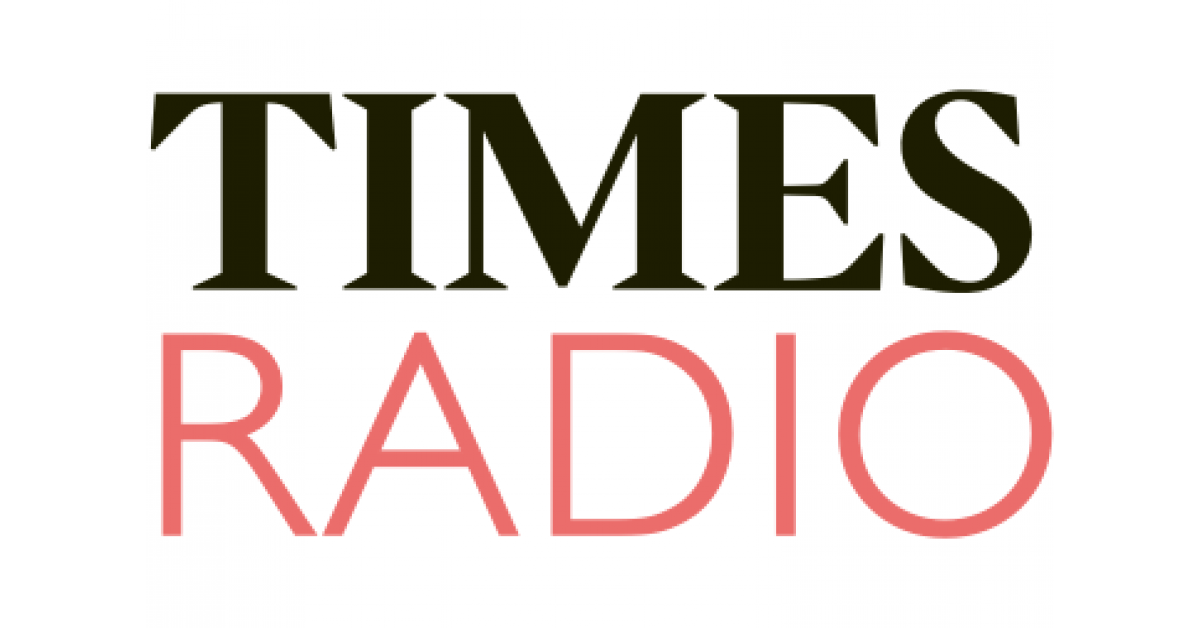Lead your life. Lead others.
Life & Leadership Coaching / Workshops & Programmes / Keynotes & Talks / Books
Who I am
A coach, facilitator, author and speaker who has worked one-on-one with hundreds of clients, and lead thousands in public and corporate workshops, trainings and events.
What I offer
Through 1-to-1 and group coaching, public and corporate workshops and courses, I support people to develop leadership of themselves, others and their organizations.
““Fiona offers both support and challenge. As a result of the work we’ve done I’ve won the promotion and got through my first year successfully achieving a number of challenging goals.””
““I’ve been running monthly psychology conferences since 2017, and can safely say this was one of our most impactful presentations to date.””
Over 70% of individuals who receive coaching benefited from improved confidence, work performance, relationships and more effective communication skills.
Coaching results in improvements in self-awareness, self-confidence and self-leadership, as well as leadership style, relationships, influence, conflict, power and personal life.
““Thoughtful Leadership is an outstanding book. In it readers will discover their own potential to lead. Fiona Buckland shows that the key to good leadership is to be self aware and find the true purpose in one’s life. I thoroughly recommend the book to all aspiring leaders.”
”
Clients and partnerships include
Featured in the media
Often a team's present challenges are rooted in the emotional undercurrents of the past. No matter how much we focus on the future, past experiences—departures, old roles, ruptures—continue to affect how we relate to one another today and how effective we are as a team.
Most meetings aren’t working.
Unconscious group behaviours during meetings are stifling team potential and performance. But teams can change this by becoming more aware of group dynamics as they unfold in the moment, creating a safe space for people to express what they observe, and consciously choosing better practices.
This guide includes self-reflection prompts to help you have a conversation with your ‘Big I’ – that inner, deeper self that gets crowded out by the noise in your life, and which you can only connect with once you quieten distractions and mind, switch off autopilot, and create space for yourself.
I've been meaning to write a book called How to be a Bad Leader for years. I reckon it would be a bestseller, but there must already be one out there, because time and time again, I hear experiences of bad leadership, as if decades of proven, evidence-based work about what makes good leadership doesn't seem to have trickled-down.
However you feel about it, you can’t be a leader without facing conflict with others at times. But rather than avoiding it, when we lean into it and manage it well, it can generate better, stronger relationships, and greater team creativity and resilience.
There are many practices which, if you can build them in now, will mean your partnerships, teams and organisations will be stronger and more resilient during and after the current emergency.
Life isn't about reaching for the answers, it's about having powerful questions and living them. Here are some to ask yourself and your team.
I was recently featured in a Guardian article about the science behind changing your mind.
Life can be confusing, uncertain and challenging and we will feel vulnerable. Noticing our patterns of thinking and feeling about that vulnerability, then compassionately choosing to change our response might make it less hard than it is.
